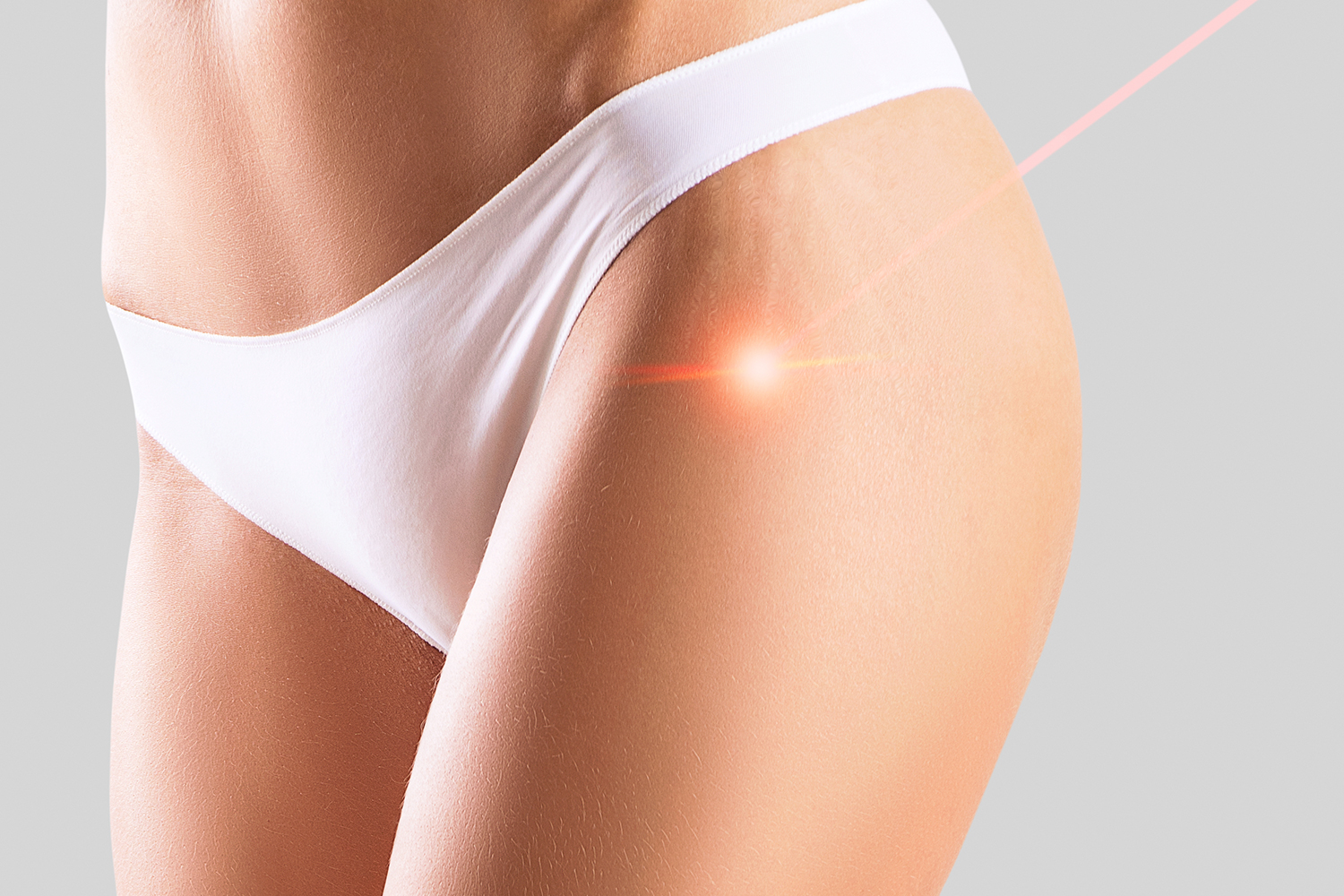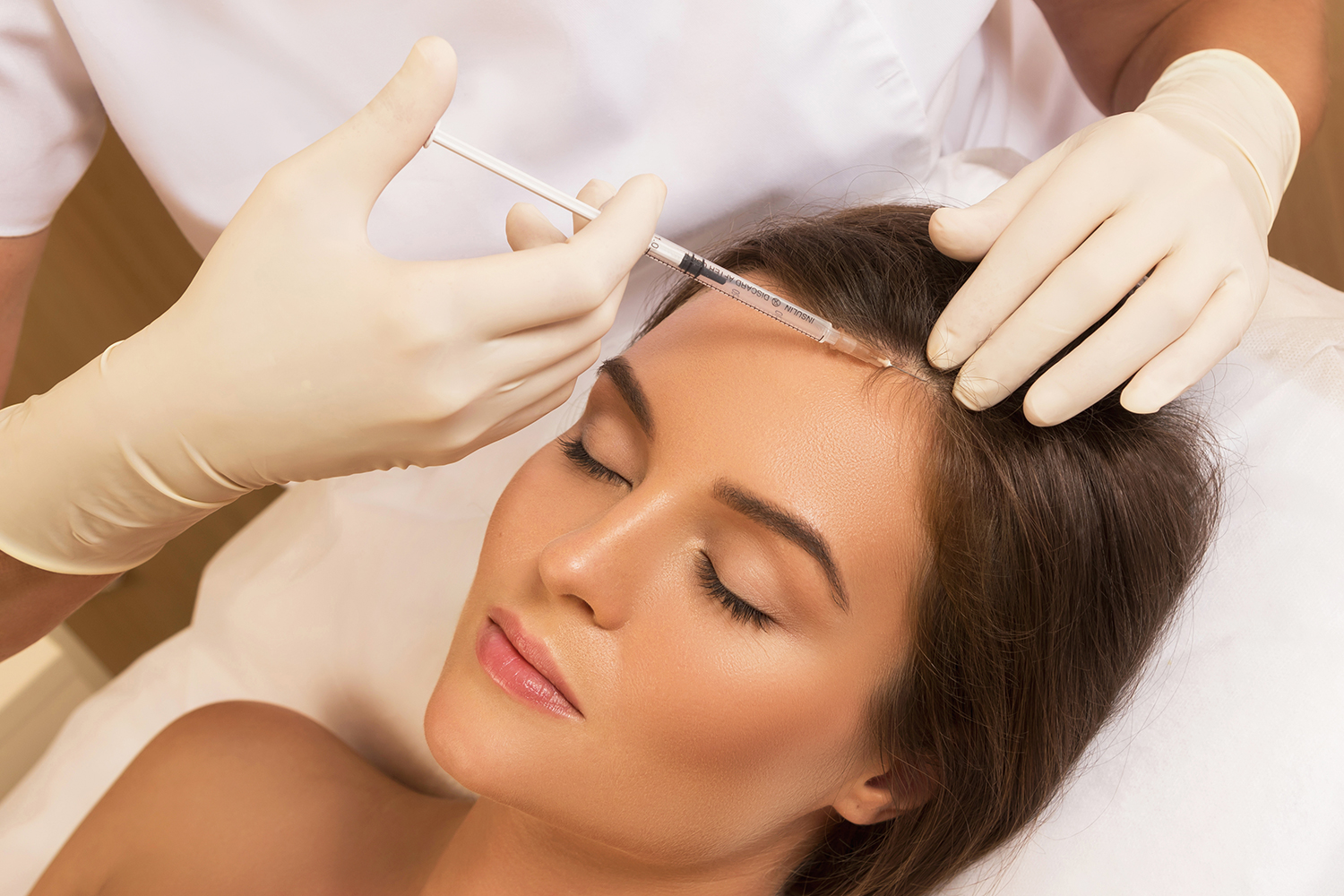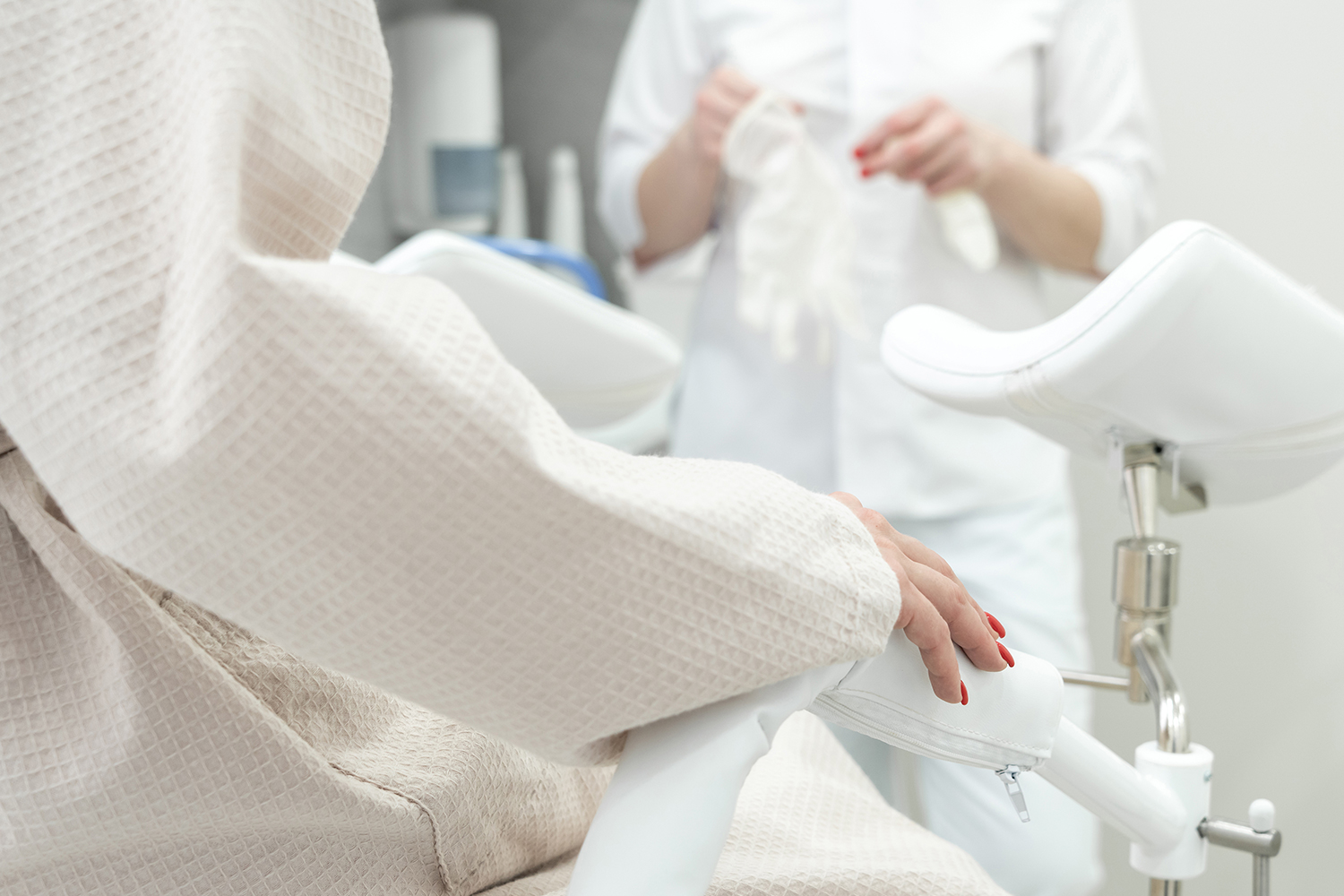Aesthetic issues of the intimate area
Childbirth and natural aging are often accompanied by changes in the pelvic floor tissues and vagina. As a result, symptoms that significantly impact the quality of life may occur, such as urinary incontinence, vaginal dryness, painful intercourse, vaginal laxity. It is often regarded as an inevitability entailed with normal aging or childbirth.
One such problem is stress incontinence (leakage of urine during physical exertion, coughing or sneezing), which causes both hygienic and social problems. Previous pregnancies and childbirths, especially traumatic childbirths, have an important role in the development of urinary incontinence.
As a rule, the urinary incontinence occurring during pregnancy disappears in 2-3 months, but if it persists for more than three months, mild urinary incontinence may become permanent and grow worse with the onset of menopause. Urinary incontinence occurs in 20% of women who have given birth to 3 children and in 25-60% of menopausal women.
Only 10% of women regard this disorder as a major problem. Understanding the actual extent of the problem is complicated by the fact that patients are ashamed of their complaints and do not always turn to the doctor for help - unfortunately, only a few get help. The amount of leaked urine is usually not large, but often causes insecurity and self-esteem problems for women. In case of stress incontinence, the frequency of urination is normal, there is no night urination. It is important to differentiate between stress incontinence and other forms of incontinence, such as urge incontinence, where involuntary urination is preceded by a strong need to urinate, caused by overexcitation of the bladder muscle. Usually, it is considered to be caused by the dysfunction of bladder muscles. The clinical manifestation is the so-called overactive bladder, which is characterized by frequent urination with a stinging sensation.
So far, stress urinary incontinence has been treated mostly with pelvic floor physiotherapy and surgery. Unfortunately, physiotherapy does not always give the desired result, while surgical treatment is not recommended for mild forms of urinary incontinence, and surgical treatment is also not suitable for women who still want to give birth. Fotona IncontiLase® laser treatment provides a new and modern non-surgical treatment method for stress incontinence with an effect, which is comparable to the result of surgical treatment, as preliminary studies have shown. Laser treatment is most effective in the treatment of mild and moderate urinary incontinence. Laser treatment has very few contraindications and side effects.







